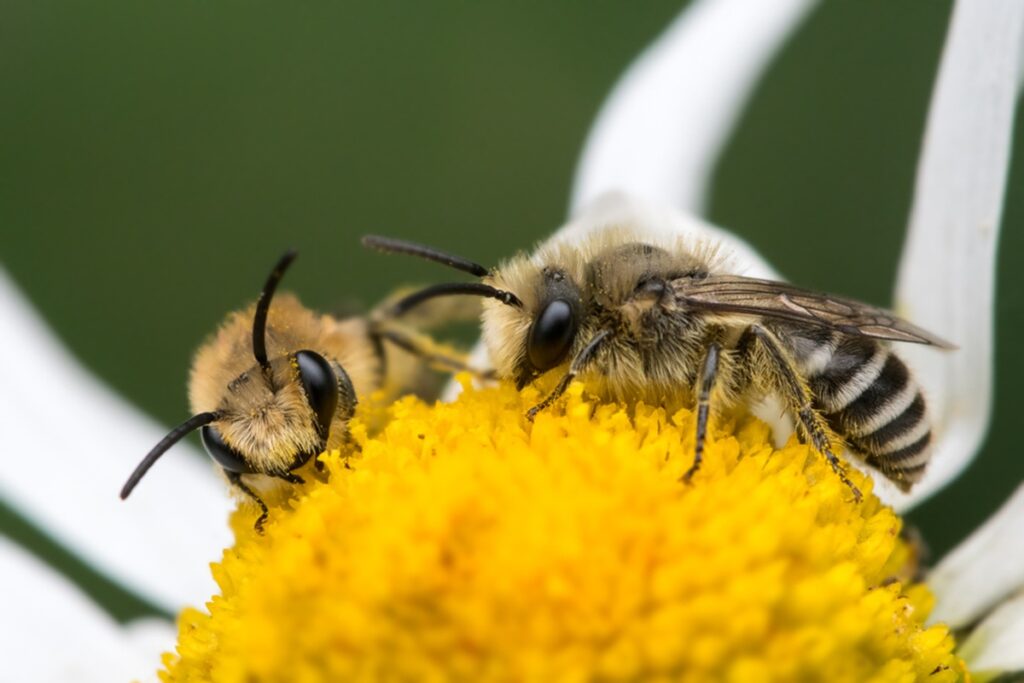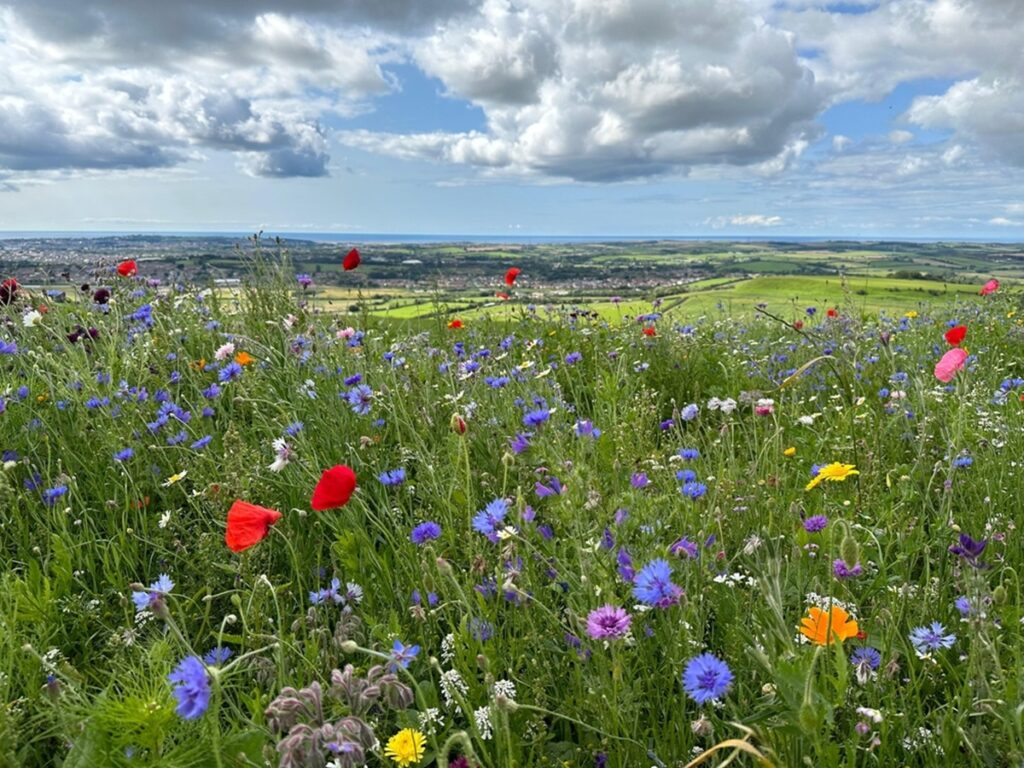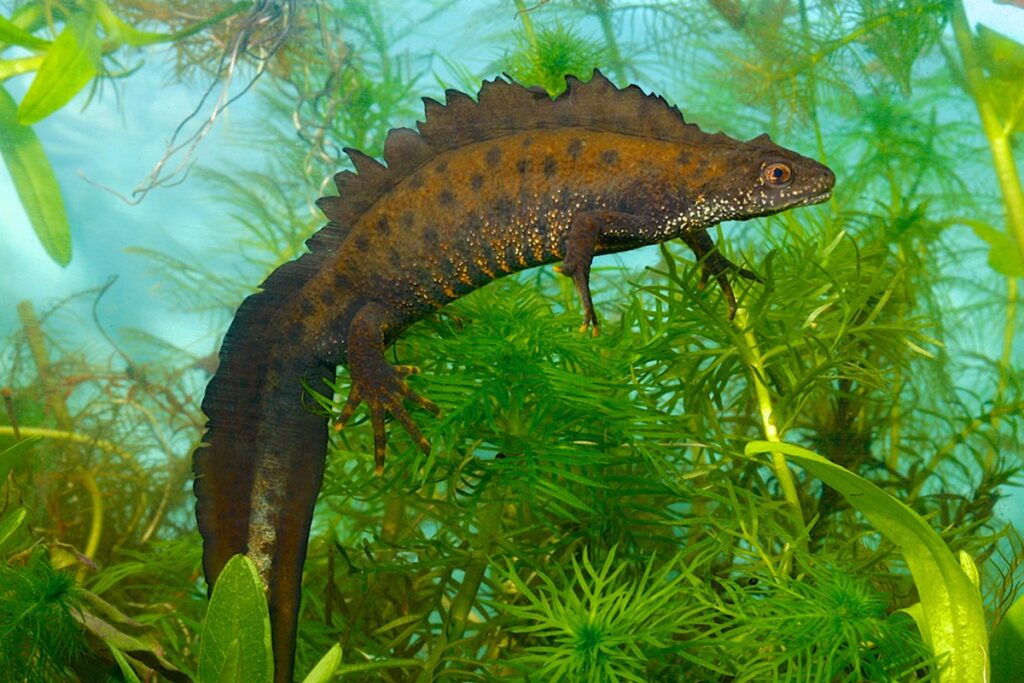Pre-Development BNG Planning
A drive to improve the state of the natural environment led to the introduction of biodiversity net gain (BNG), which was brought into UK law through the Environment Act 2021. This legislation has significantly changed how development projects in Nottingham are planned and delivered. The principle is straightforward – development should leave the natural environment in a measurably better state than it was before work began.
For most planning applications in Nottingham in the east midlands including nationally significant infrastructure projects, biodiversity net gain is now a mandatory requirement alongside other local and national planning policies. This means developers must work with qualified ecological consultants to calculate the biodiversity value of a site pre and post development. If there is a shortfall, measures must be taken to achieve at least a 10% net gain before applications for planning permission will be granted.
This can be achieved through on-site habitat enhancements, off-site biodiversity units, or a combination of both, but all proposals must be clearly evidenced and approved by Nottingham City Council or the relevant local planning authorities before planning permission is granted. A bng report will form a supplementary planning document that can be submitted with a planning application.
Since April 2024, meeting BNG requirements has been a legal obligation rather than a policy preference. Alongside the Environment Act, biodiversity net gain is embedded in the National Planning Policy Framework (NPPF), supported by Natural England guidance, the Town and Country Planning Act 1990, Local Nature Recovery Strategies, and regional ecological priorities.
For Nottingham City Council’s planning department, this means developers should integrate BNG at the earliest stages of project planning to avoid delays or costly design changes later. Protecting local wildlife and environmental features of high strategic significance such as irreplaceable habitat like ancient woodland, sites of special scientific interest and established wetland habitats, is central to the city’s biodiversity policy.

Ecological Features in Nottingham
Nottingham is a vibrant city surrounded by rich and varied natural habitats. Key ecological areas include Colwick Country Park, Wollaton Park, Attenborough Nature Reserve, and the River Trent corridor, all of which support a diverse range of wildlife. Species of note in the Nottingham area include bats, badgers, otters, water voles, great crested newts, kingfishers, and a range of priority invertebrates and plants.
These ecological assets mean that any biodiversity net gain plan in Nottingham must take account of existing habitats and ensure that development does not fragment wildlife corridors or have an adverse effect on ecological connectivity or the general natural environment. Nottingham City Council and surrounding local authorities work closely with wildlife trusts and community groups to improve biodiversity, restore habitats, create new habitat types and expand green infrastructure, all of which influences how BNG plans are assessed and approved.
The BNG Assessment
Before submitting a planning application, developers should commission a BNG assessment from a qualified ecologist. The process starts with a baseline biodiversity survey to record the site’s pre commencement condition. The ecologist will inspect the condition of current habitats and map the site’s ecological value to assess the general biodiversity gain condition. The government’s Biodiversity Metric tool is used to calculate the various figures.
Once the baseline is established, the ecologist forecasts the biodiversity value after development, taking into account proposed landscaping, habitat creation, and long-term management plans. If the projected value falls short of the required 10% net gain, the ecologist will advise on further habitat enhancements to ensure the target is met, enabling the planning application to proceed. Ecologists must comply with the mitigation hierarchy: this prioritises avoiding loss to the environment and if this is not possible, any loss must be minimised, followed by compensation measures for habitat loss.

On-Site and Off-Site Biodiversity Net Gain
In Nottingham, biodiversity net gain is most often delivered through on-site enhancement measures such as creating wildflower meadows, planting native trees and hedgerows, restoring wetland features, or incorporating wildlife-friendly sustainable drainage systems (SuDS).
Where on site measures are not enough to achieve the required net gain, developers may purchase off-site units from registered habitat banks. These represent measurable habitat improvements in other locations, ideally within Nottinghamshire to retain local ecological benefits.
As a last resort, statutory credits may be purchased to achieve biodiversity gain: biodiversity credits are typically more expensive and less preferred by local planning authorities. We can also advise on the legal agreements or conservation covenants required for delivery of offsite biodiversity units and draw up a post development habitat management and monitoring plan to ensure that new habitats establish effectively.
Protected Species Surveys
Many development sites in Nottingham require additional ecological assessments to meet planning requirements. Surveys for protected species such as bats, badgers, otters, reptiles, water voles, or great crested newts often run alongside the BNG process. Conducting these surveys early in the project ensures that the biodiversity net gain plan is fully aligned with wildlife legislation and the biodiversity gain mitigation hierarchy.

The Biodiversity Net Gain Plan
A biodiversity net gain plan details exactly how a development will achieve the required 10% increase in biodiversity value. It sets out habitat creation and enhancement measures, land management and monitoring schedules, and provides evidence that these improvements will be maintained for at least 30 years, as required by law. All the information provided by the bng survey will be contained in a final report that can be submitted to the local planning authority.
In Nottingham, BNG plans must align with the city’s Local Nature Recovery Strategy and other local ecological policies. Planning authorities will expect to see a clear demonstration of how biodiversity and priority habitat will be protected, restored, and enhanced throughout the project lifecycle, with a strong emphasis on habitat management to deliver measurable ecological benefits.
Professional Support for BNG in Nottingham
Our ecology consultancy provides biodiversity net gain assessments in Nottingham and across the UK. We handle the full process, from initial ecological surveys and Biodiversity Metric calculations to recommendations on creating new habitats, protected species surveys, and long-term land management strategies.
Our team works closely with developers, architects, and planning consultants to ensure that BNG requirements are seamlessly integrated into project design, observing the biodiversity gain hierarchy, avoiding unnecessary delays and ensuring that any necessary legal agreements are correctly drawn up. We work on development plans involving small sites and major developments requiring significant enhancements.
If off-site biodiversity units are required, we assist with sourcing them, meeting the legal requirements of central government, and ensuring that all documentation satisfies Nottingham City Council’s planning process. With in-depth knowledge of Nottinghamshire’s ecological priorities and habitat networks, our BNG plans are designed to be both compliant and locally relevant.
Request a Free Quote for Biodiversity Net Gain Nottingham
If your development in Nottingham requires a biodiversity net gain assessment, we can provide a free, no-obligation quote tailored to your site and project needs. Whether you are planning a small residential scheme or a large infrastructure project, our experienced ecologists deliver BNG plans that meet local authority requirements and support smooth planning approvals.
To discuss your biodiversity net gain requirements for Nottingham, contact us today and we will send a free quote for the work. We will need further information such as your site address and brief details of your development plans. If you accept our quote we can arrange a site visit at a convenient time and prepare a clear, compliant plan to guide your project through the planning process to secure planning consent and leave the natural environment in a measurably better state for the long-term.